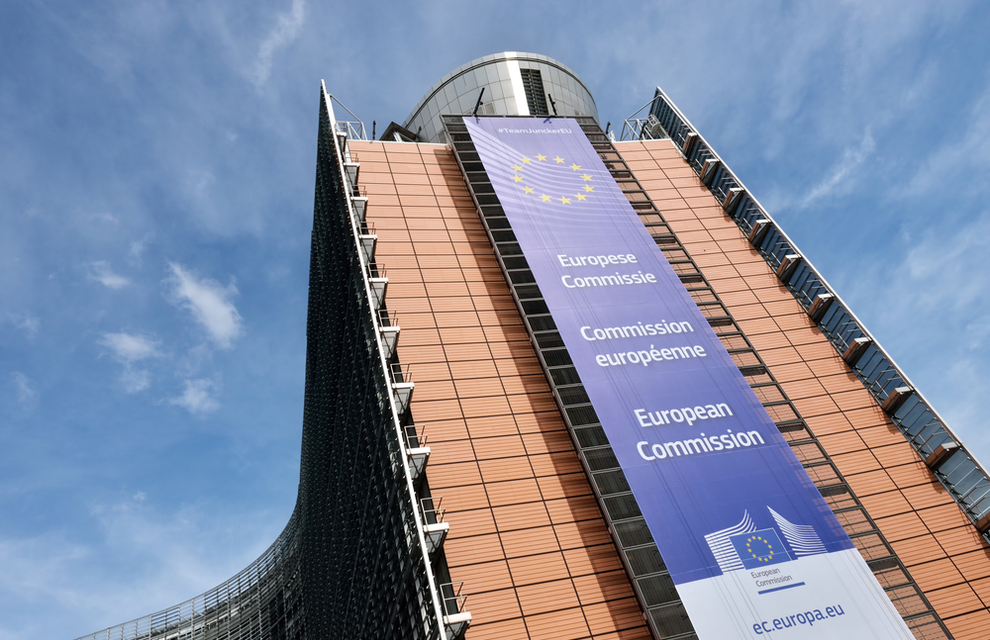The Federation of European Risk Management Association (FERMA) has called on the European Commission to create an EU resilience framework for catastrophic risks to address the lack of coverage available for financial losses resulting from non-physical damage business interruption (NDBI).
The letter is a result of the FERMA taskforce, which was set up earlier this month and composed of experienced risk managers from FERMA national members.
According to FERMA, the letter sets out its vision for a multi-layered and graduated public-private partnership in a position paper.
The statement noted that there is currently “little to no insurance coverage” available for financial losses from NDBI in case of catastrophic risks, such as the current COVID-19 pandemic.
“The resilience framework would have the flexibility to respond to a range of catastrophic events, such as pandemic and massive cyber-attacks, that can create severe business losses without physical damage,” FERMA explained.
FERMA stated to the EC that they are committed to participating in the construction of a Resilience Framework for Catastrophic Risks (RFCR).
The association also highlighted its aim for a multi-layered and graduated public-private partnership that would provide sufficient flexibility to enable an effective response to a range of catastrophic risks leading to currently uncovered NDBI.
The resilience framework proposed by FERMA would function on four levels; Enterprise-level risk management: anticipation, prevention, identification and mitigation of risks; Transfer of risk to private insurance and reinsurance markets, developing enhanced coverage for NDBI; National member state pool guarantees; and EU support for, and coordination between national governments.
FERMA president Dirk Wegener said: “We now aim to deepen discussions with the EU, the Member States and the insurance sector, and to develop solutions for both short-term crisis management and long-term business resilience.”
“FERMA members have expertise and experience in the field of business interruption that we want to contribute to the future resilience of European business.”
“This holistic approach supported by the insurance sector, national governments and EU institutions would ensure that the resilience framework has the capacity to benefit all businesses, from small and medium-sized enterprises facing immediate liquidity issues, to the largest transnational corporations concerned with supply chain and trade disruptions,” Wegener added.
According to FERMA, reinsurance participation is important. The association explained that insurance can apply clear parameters to give risk-based assessments for contributions from enterprises to the framework funding mechanism. Which in turn, would give businesses an incentive to apply risk management methodologies, such as enterprise risk management, because they would be assessed on their risk management maturity.
Wegener concluded: “A resilience framework will support the development of NDBI coverage to give European enterprises the financial security to maintain flexibility in the face of catastrophic events and incentives to apply risk management methodologies.”






